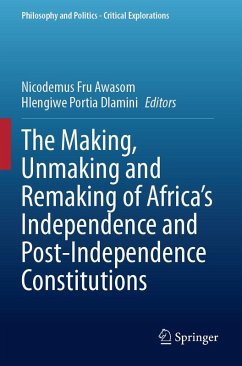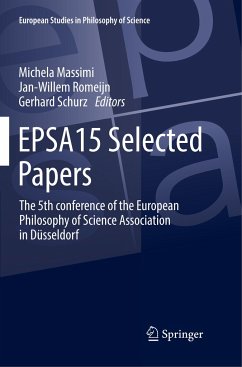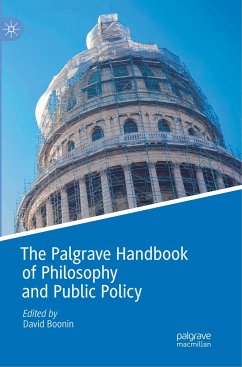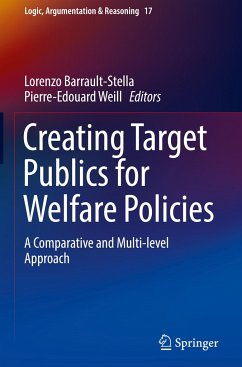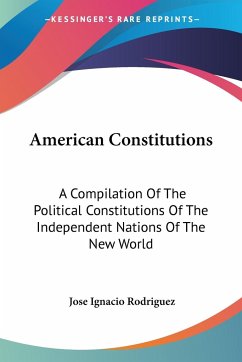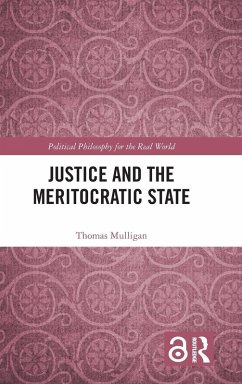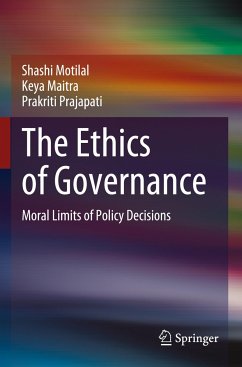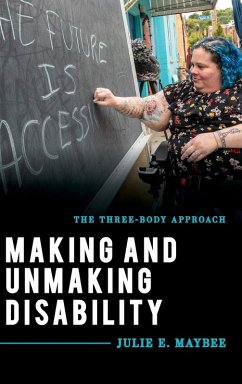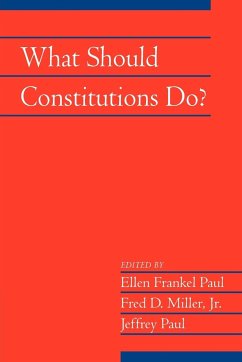
The Making, Unmaking and Remaking of Africa's Independence and Post-Independence Constitutions

PAYBACK Punkte
53 °P sammeln!
This book provides a collection of chapters that critically explore the making and development of Africa's independence constitutions through the different phases in their full generality. Since independence, various constitutions from African countries have undergone a succession of changes, triggered by either the domestic or international environment or both. These processes constitute autonomous epochal 'waves' or 'phases' of constitution-making which need to be unpacked, historicised and explored in a systematic manner. This work, intended as a distinctive object of positive analysis, his...
This book provides a collection of chapters that critically explore the making and development of Africa's independence constitutions through the different phases in their full generality. Since independence, various constitutions from African countries have undergone a succession of changes, triggered by either the domestic or international environment or both. These processes constitute autonomous epochal 'waves' or 'phases' of constitution-making which need to be unpacked, historicised and explored in a systematic manner. This work, intended as a distinctive object of positive analysis, historicizes the independence constitutions of selected African states on either a country-specific or a comparative basis. A historical approach to the continental study of constitutions is rare, meaning the continental coverage of the book is justified by Africa's rich diversity reflected in its multiple monarchical and colonial backgrounds. The book is of interest to academics interestedin having a panoramic view of Africa's constitutional development from a historical perspective.



